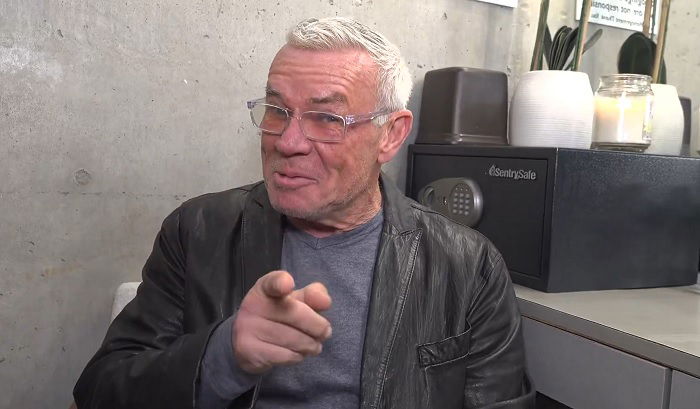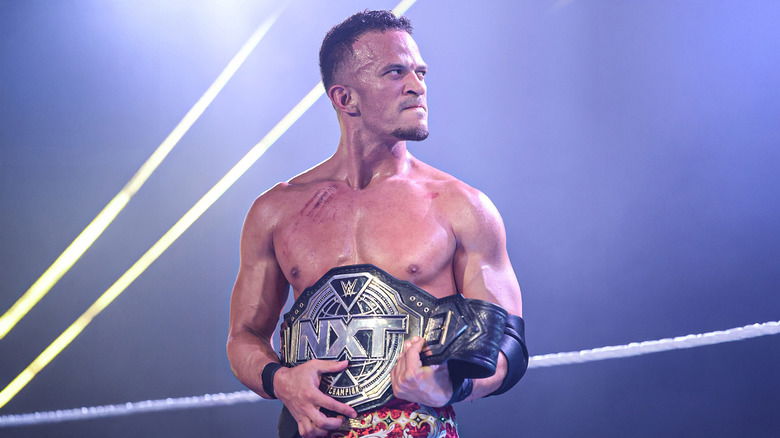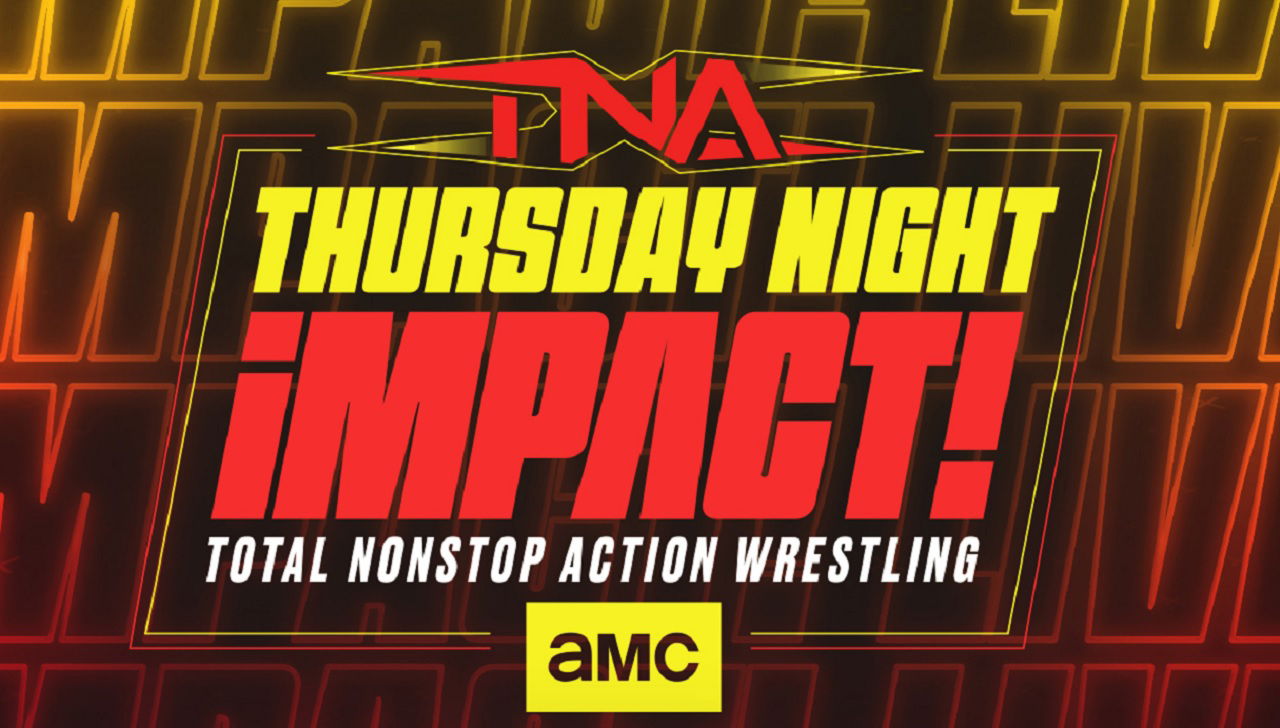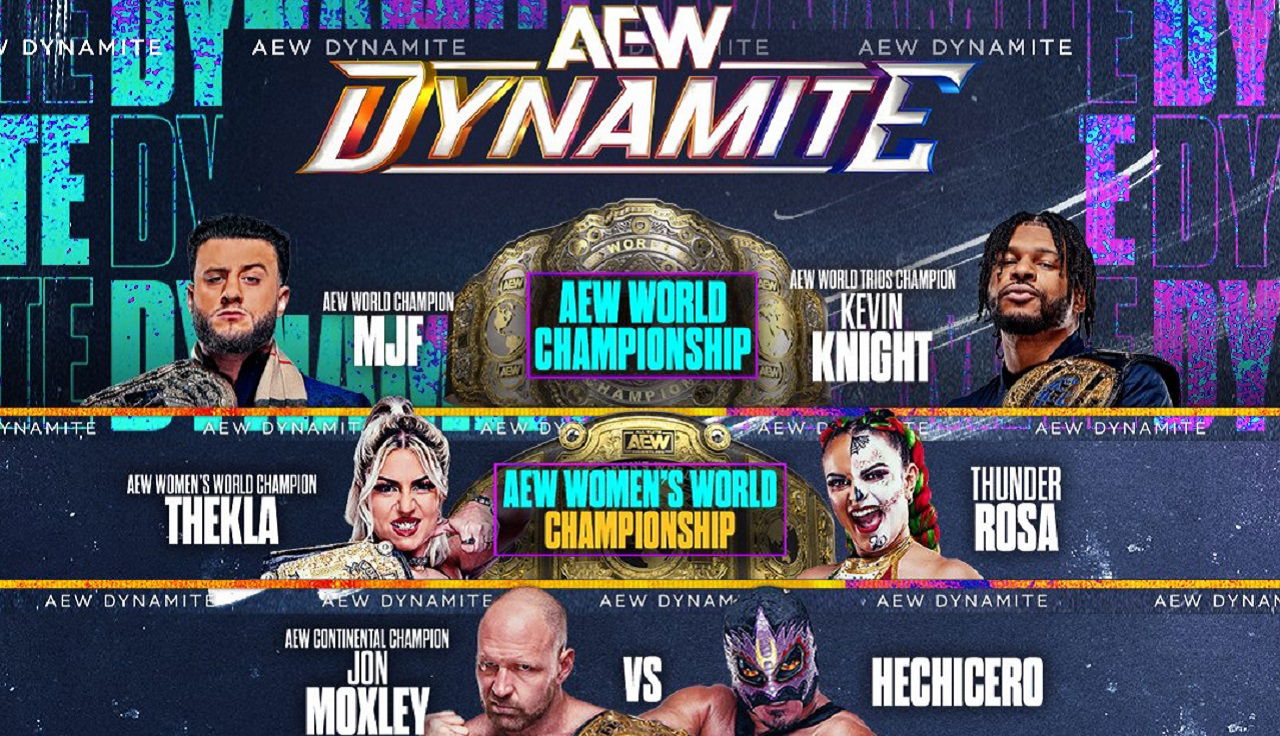Eric Bischoff Reacts To WWE Ending House Shows, JBL Says Vince McMahon’s Payout Formula Was Bullsh*t, Mick Foley Names His Favorite Match

Mick Foley has once again reaffirmed that his 2004 WWE Backlash clash with Randy Orton for the Intercontinental Championship stands as his favorite match of all time.
Though Foley had been retired from full-time in-ring competition for four years, he returned to help elevate the rising star Randy Orton. Their long-running feud included a tag team match at WrestleMania 20 — notably The Rock’s final bout for the next eight years — and ultimately culminated in a brutal No Holds Barred showdown at Backlash.
Speaking with Denise Salcedo at Comic Con Revolution in Ontario, California, Foley reflected on the match, praising it as the highlight of his storied career. He said,
“It was my favorite match of all time. I remember dropping that elbow on Randy and thinking it was the most perfect elbow I’d ever dropped. I also remember feeling like he was evolving right in front of everyone’s eyes. Fans were seeing a new, more intense version of Randy Orton, and they really embraced it. I think it ended up being a defining match for both of us.”
JBL recently opened up about how wrestler payouts worked in WWE during a Q&A episode of the “Something to Wrestle” podcast, shedding light on Vince McMahon’s unique — and often unpredictable — approach to compensation.
According to JBL, while most wrestling promoters have a structured system for paying talent after major events, Vince McMahon’s method was anything but formulaic. Early in his WWE career, Bradshaw operated under a downside guarantee — a minimum amount he’d earn regardless of performance. But as his career progressed, especially during his nearly year-long run as WWE Champion, his earnings skyrocketed. He said,
“My contract during my best run was probably nine to ten times higher than my downside guarantee. I never really cared about the downside because I believed in the idea that you should eat what you kill. I always figured that if I performed well, Vince would take care of me. And he did. He was a great pay guy. I never worried about it.”
When asked whether Vince McMahon used a specific formula to determine payouts, JBL admitted that there was a so-called system — but dismissed it as essentially meaningless. He said,
“Yeah, of course there was a formula — and it was 100% bullsh*t. I remember 29% of the revenue was supposed to go to the building, employees, and talent. That number might have been real. But how it got divided up? Total bullshit. Vince would personally go through payroll, and I’ve talked to people like Gerry Brisco who handled it. Vince would say things like, ‘Nope, change this amount to that, change that to this.’ It all came down to what he felt someone was worth—what he thought they drew, their spot on the card, what kind of ticket sales he believed they generated. It was all based on his gut. Totally feel.”
During a recent edition of his “83 Weeks’ podcast, Eric Bischoff discussed WWE’s house show model and the company scaling back on live events.
You can check out some highlights from the podcast below:
On WWE reducing live events and its house show model: “It should have been done 10 years ago or more. No maybe not 10, certainly five years ago. First, let me back up. Vince was right. One of the reasons WWE became WWE — and WCW became WCW to a lesser extent — was because professional wrestling was the only form of popular entertainment on weekly TV — episodic television technically — where the stars of those shows would actually come to your local community, especially in smaller markets. And it’s no different — I think all of us have experienced this. I’ll speak for myself… Fleetwood Mac. I was never a Fleetwood Mac fan in the ’70s or the ’80s. I didn’t care for their music. But then I went to a concert. I named my dog Stevie after Stevie Nicks and when that dog died, I named my next dog Nikki after Stevie Nicks. I’m a huge Fleetwood Mac fan, but only because I went to their concert.
“Experiencing something live, you get a different connection to it. It’s one of the reasons I believe — and I think Vince would agree, or people who think like Vince — that this connection to your audience is one of the reasons why professional wrestling has existed on television since the very beginning of television time. Because it has the unique ability to engage and connect with your audience in a way no other form of entertainment does. So, Vince was right.”
On the business changing: “But I think what’s happened — just evolution. Business, the world — The cost of doing those shows now is getting really, really expensive. Travel costs are off the charts; when I look at my plane tickets for my recent travel over the last three weeks, it blows my mind how expensive it’s become. So I think between the cost of house shows — and there’s not that much margin in it. And oh yeah, there’s a good amount of risk in it. Financially it just doesn’t make any sense anymore. And it actually hasn’t made sense probably for six to eight years.
“When I was in WWE in 2019, I sat in on a live events meeting. It was ugly. Like, ‘What the hell are we doing this for?’ ugly. And no solution. There was no — now, I wasn’t involved in that side of the business, I just happened to be in that meeting. But listening to some of the smartest guys in the room shrugging their shoulders. That side of the business model has been dead for six to eight years now.”
On the downside of cutting back on events: “Now, here’s the downside. Reps. Injuries. And everybody will say, ‘Well, hold on Eric. If you’re wrestling less, there’s less chance to get injured.’ On paper, that makes sense. Here’s the reality: the less you work, the more likely it is you’re going to get hurt. Working three, four, or five days a week keeps you in condition for professional wrestling as we know it, which is a lot of impact on your body. You’re absirbing a lot of impact for 12, 14, 18, 20 minutes. You’re putting your body through a lot of trauma that the average person — if you tried to get through it and did, you’d wish you didn’t the next morning. But wrestlers can do it night after night because they do it night after night. And the chances of getting hurt is much less when you’re frequently in the ring exposing yourself to that kind of impact; you get in shape for it. I’m not telling you this from personal experience, I’m telling you this from multiple conversations with people that had done it both ways. with people who have done it both ways. So, that is also kind of a risk.”
(h/t – Fightful)



